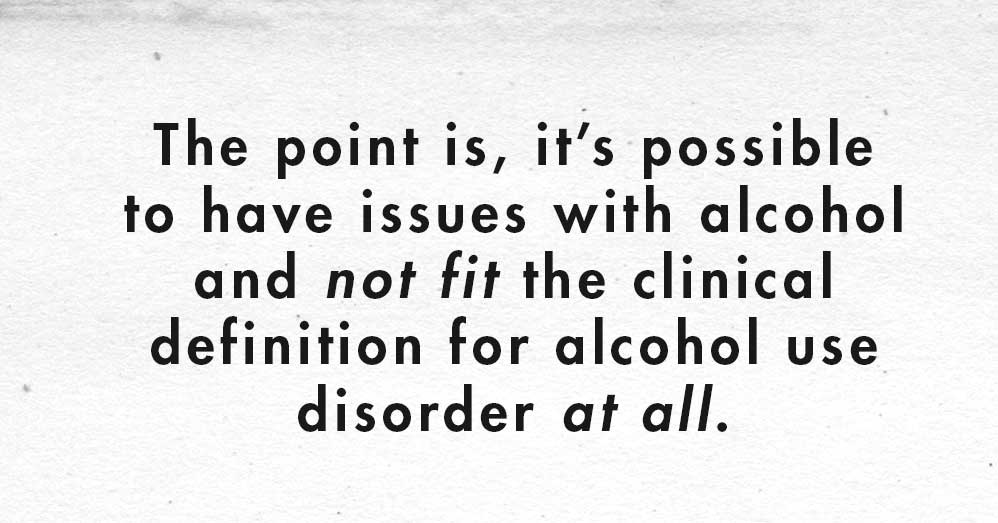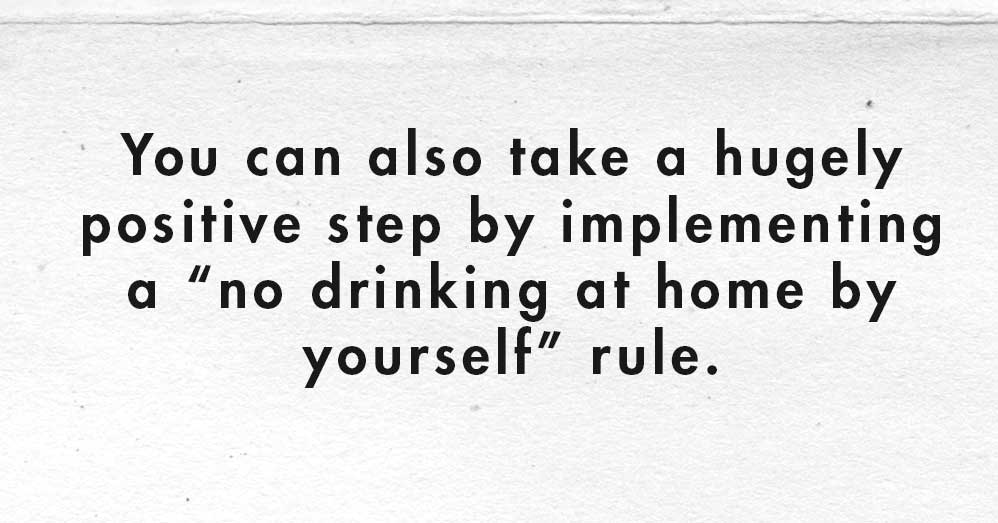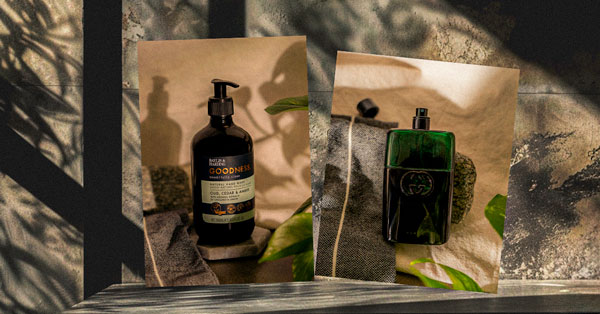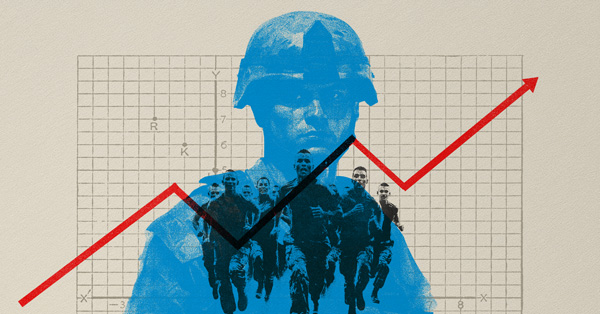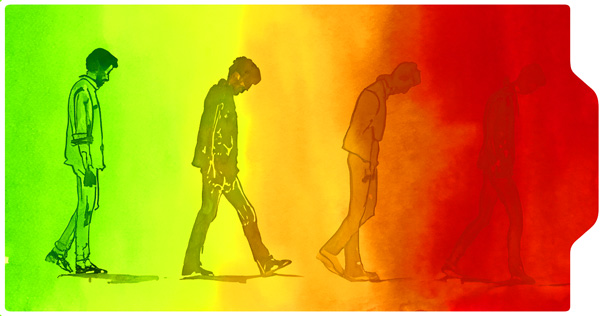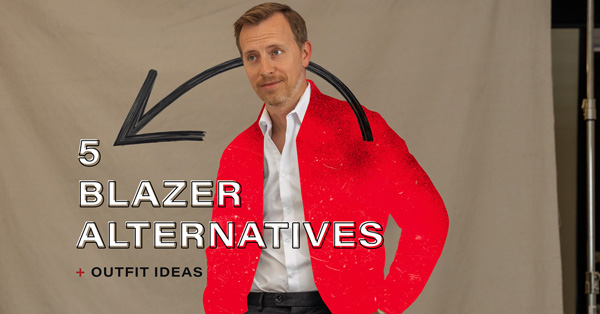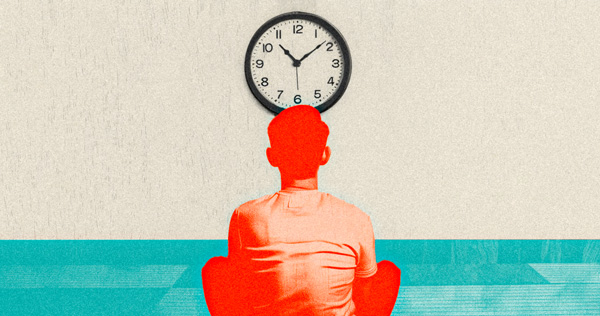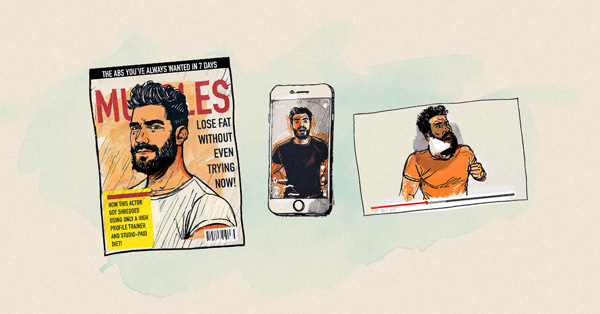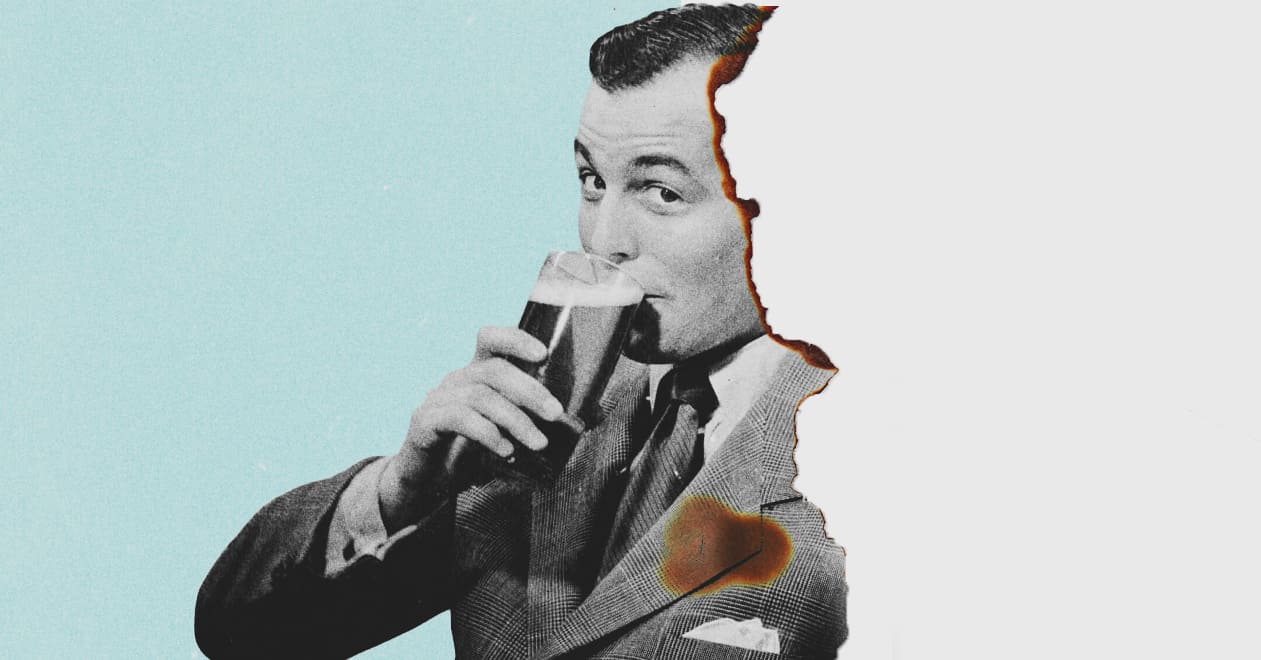
In today’s culture you’re labeled either a raging alcoholic or a casual social drinker – our experts untangle the spectrum in between and what to do about it.
By Stillman Brown | Illustrations by Andrew Snavely
I was out with friends and one of them said, “Let’s not split the tab 'cause J.J. is going to drink us under the table” in that joking-but-also-serious way. It hit me hard. I go out a few times a week and consider myself a social drinker, but definitely not someone who has a “problem.” Now I’m wondering if I do.
I don’t FEEL like I drink too much but I do drink more than my friends, and most days finish work with a “well-earned” beer or two (or three if I’m honest) while playing video games.
I definitely feel more comfortable in social settings after I’m on my second or third round. Again, I don’t think I’m an alcoholic but is it possible I’m something else…? Love Primer and appreciate any insights.
-J.J., Brooklyn NY
The first thing to say is: it’s okay to ask the question you’re asking: “Do I have a problem with alcohol?”
It can feel scary, shameful, or even like it doesn’t really apply to you. No matter what comes up, it’s okay to ask. In fact, more men and women of our generation probably should be asking. According to the famed Cleveland Clinic, Millennial alcohol abuse may be on the rise.
What’s The Middle Ground Between Alcoholic And … Not?
J.J.'s question hit us hard over here at Primer for a few reasons. First, we all have that friend or family member … the one whose drinking makes us a little (or a lot) uncomfortable, but whom we wouldn’t describe as an alcoholic.
It's also easy to feel like we're on a hamster wheel of going out a lot and drinking more frequently than we'd would like, but feeling unable to interrupt the cycle because “getting drinks” is such a huge part of dating, socializing and career networking in your 20s and 30s.
The problem is, how do you talk about drinking that isn’t either abusive or abstinence? It feels like our society has two labels for alcohol use: you’re either an alcoholic or not. Is there really no middle ground?
We asked psychologists, counselors, and substance abuse experts what it means to have a “problem” with alcohol, how to evaluate yourself if you’re concerned, and what to do about it.
Clinically, “Alcoholic” Is A Meaningless Term
“Having a problem with alcohol doesn't automatically mean you're an alcoholic,” says counselor and motivational coach Tess Brigham. Other clinicians go a step further.
“The term alcoholic means essentially nothing in clinical or ‘real’ terms,” says Dr. Adi Jaffe, addiction and transformation expert. “The vast majority of those who struggle with alcohol do not meet criteria for a severe alcohol use disorder, which is the closest thing to a clinical ‘alcoholic.’”
All experts we spoke to agreed: there’s a LOT of territory between severe alcohol use disorder and not having a problem at all.
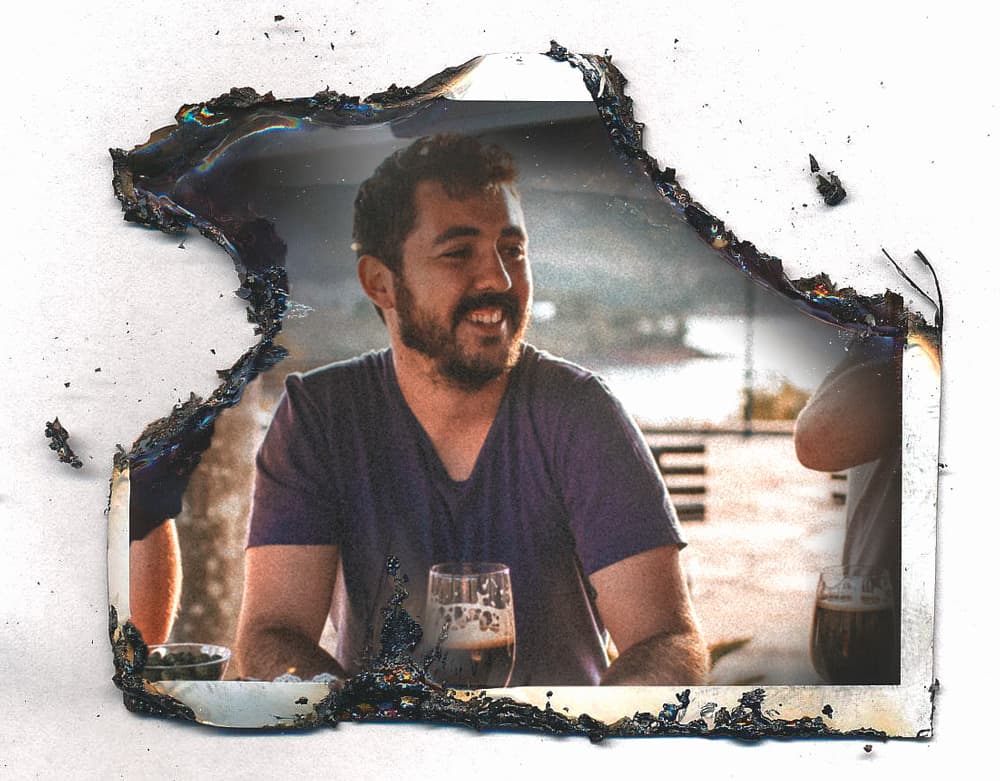
What Is The Spectrum Of Alcohol Issues?
“There's a spectrum of alcohol issues because everyone has a different relationship with alcohol,” says Brigham. At one end of the spectrum are those who don’t drink for religious, health, or taste reasons. (Remember when you thought beer was gross?)
At the other end is severe alcohol abuse disorder, which is classified as either mild, moderate or severe. So what does actual, clinical alcohol abuse look like?
According to Brigham, “In order to be diagnosed with alcohol use disorder there has to be a, ‘problematic pattern of alcohol use leading to clinically significant impairment or distress, as manifested by at least two of the following,’ and I’m going to paraphrase here… !”
|
|
How many do you identify with? Some people don’t identify with this list at all. Others with every single criteria. I can definitely point to different times in my life when I experienced increased tolerance (college) and spent a lot of time trying to acquire alcohol (high school, and mostly I wasn’t successful).
That’s why every expert we consulted said…
Don’t Apply A Label
“There are, in essence, endless levels between social drinker and severe alcohol abuse,” says Dr. Jaffe. “Using the term ‘alcoholic,’ which sets up an either/or (you're either normal or not) scenario can be damaging.”
Dr. Jaffe advises that rather than focusing on finding the right label, it’s important to look at how alcohol impacts your behavior. “I think it's important NOT to create a self-identification label (problem drinker, alcoholic, etc.)” he says, “and instead identify the behavior. Otherwise, the person begins seeing themselves as the problem and not the behavior.”
Brigham agrees. “It's really about what happens when a person drinks,” she says. “There are people who drink every day but they can stop any time, they don't have withdrawal symptoms and they never have a negative consequence. Then there are people who only drink once or twice a year but each time it's a huge mess.”
So if you can’t use labels, how do you know you have a “problem?”
What Does A “Problem” Look Like?
Simple, says Dr. Jaffe: “Anyone who has experienced negative consequences related to their drinking – work, social, intra-personal, educational or otherwise can be considered to have problems with alcohol.”
You don’t have to have any of the stereotypical “alcoholic”-type markers. You don’t have to experience withdrawal, you can hold down a job and a relationship – you can even, as J.J. illustrates, go unaware you might have a problem … and still have a problem.
In other words, the negative impact alcohol has on your life doesn’t JUST have to come directly from alcohol.
Consider what happens before, during, and after drinking. For example, are you frequently tired at work after a night out drinking? Or do you always find yourself at a pizza joint or ordering junk food after you get home? If you struggle with your weight because of the poor diet choices you make as a part of drinking, you may have a problem. It doesn’t matter how much time you put in at the gym if you’re eating a ton of junk food when you drink!
The list of less obvious but negative effects of drinking is nearly endless, but here are a few more:
- Hanging out or spending time with people without drinks being involved gives you a feeling of dread
- Grabbing beer/wine/spirits as a default instead of choosing it intentionally, like one would grab a soda
- Drinking socially even when you don’t ‘feel’ like drinking
- Drinking alone frequently
- Always drinking more than those you’re hanging out with, regardless of whether you appear more intoxicated or not
- If your drinking causes social drama more than once per year (as in: getting in fights with friends, doing anything that requires you to send an apology text the next day, someone has had to care for you, and so forth)
Issues with alcohol can take many forms, but as Dr. Jaffe outlines, what all of them have in common is a negative impact on your life. It doesn’t have to rise to the level of physical addiction, and that mismatch between popular ideas about alcohol abuse and the reality means a lot of people fall through the cracks.
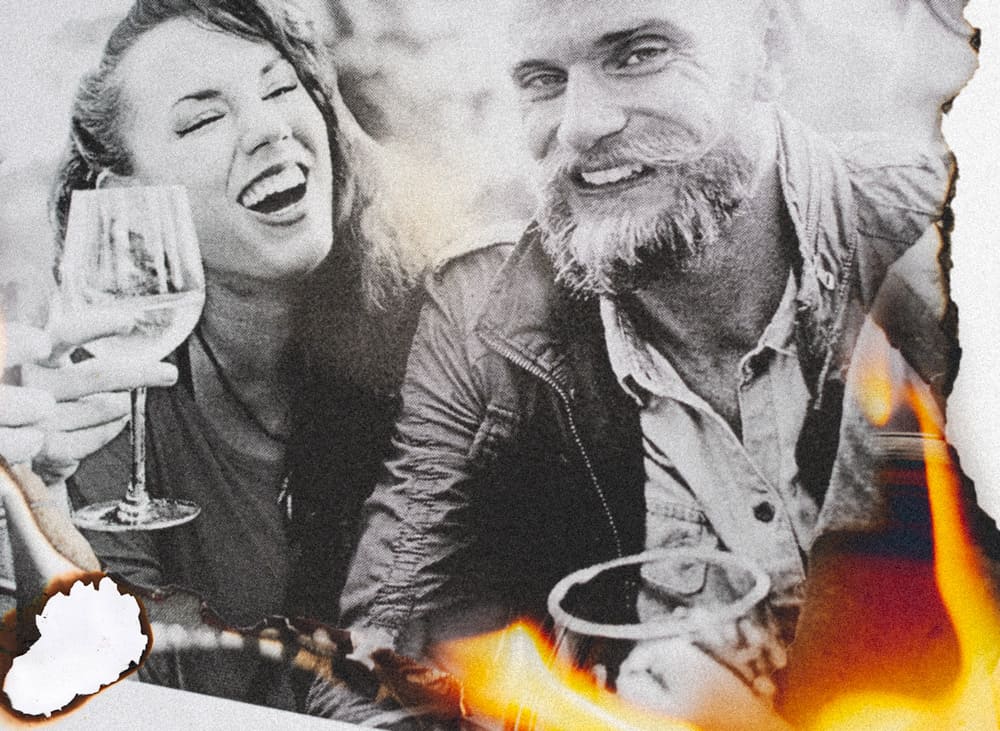
Why Do Alcohol Issues Get Overlooked?
“So much attention is given to the worst cases that the more moderate struggles get none,” says Dr. Jaffe. “To make matters worse, because no one wants to be considered an alcoholic, people don't reach out for help.”
Brigham agrees, saying, “We have this image from movies and TV of a raging alcoholic who is someone with no job, family, or home sleeping on a sidewalk. Or maybe the image of a rock star slurring their words on stage in front of thousands of people. Those images are so clear and in your face you can't deny this person has a problem.”
Most of the time, however, the signs are more subtle. “It's much tougher when it's your friend who is so thoughtful and works really hard but every time you go out for drinks you have to drive them home because they drink too much,” she says.
How Do You Know If YOU Have A Problem?
If you think you have a problem, it’s important to stop reading this and call your doctor. They can help connect you with resources, help, and evaluation.
If you’re concerned you might have a problem, or are on the fence, counselor Tess Brigham offers a quick set of questions called C.A.G.E. used by clinicians to help diagnose problem drinking.
- Have you ever thought you should cut down on your drinking?
- Have you felt annoyed when people comment on your drinking?
- Have you felt guilty or badly about your drinking?
- Have you ever had an eye-opener drink when you wake up to get rid of a hangover?
Each question is either a 0 or a 1, and according to the Journal of the American Medical Association, “A score of 2 to 3 indicates a high index of suspicion and a score of 4 is virtually diagnostic for alcoholism.”
So You Want to Cut Back … What Next?
As with any major decision, it’s important to educate yourself about what the options are. “It’s important to know the facts,” says Dr. Jaffe. “Not all those who struggle with drinking have a lifelong problem with alcohol.” Your response can be proportional to the issue. J.J. may, in fact, have an issue with alcohol – it doesn’t mean he should necessarily check into a residential treatment center.
Steps You Can Take Right Now
If you’re concerned about the frequency of your drinking, begin tracking how often and how many drinks you have. The point of this isn’t necessarily to curb your behavior, but give you a better understanding of it. What does “drink less” mean? If you drink heavily twice per month, then drinking less might mean cutting back to once per month, or every six weeks. If you drink three times a week, cutting out one session might not qualify as “cutting back.”
If ‘amount' is a concern, consider having a one or two drink limit, or confine alcohol consumption to defined, special occasions (and set a hard limit!). You can also take a hugely positive step by implementing a “no drinking at home by yourself” rule.
If you’re the alcohol instigator in your social group, consider having a rule where drinking needs to be suggested by someone else and not you.
You can also simply take a break from booze for 7, 14, or 30 days to gather more information about why you drink, when you drink, and what life looks like without it. Extended time off may allow you to reset some of the social and behavioral habits that have led to consuming more than you’d like.
These steps are all constructive, but if you find yourself setting a strong intention and then unable to follow through … or making a bunch of bargains with yourself to break a self-imposed rule (“Just this once!”), it’s probably a sign you need to get some support.
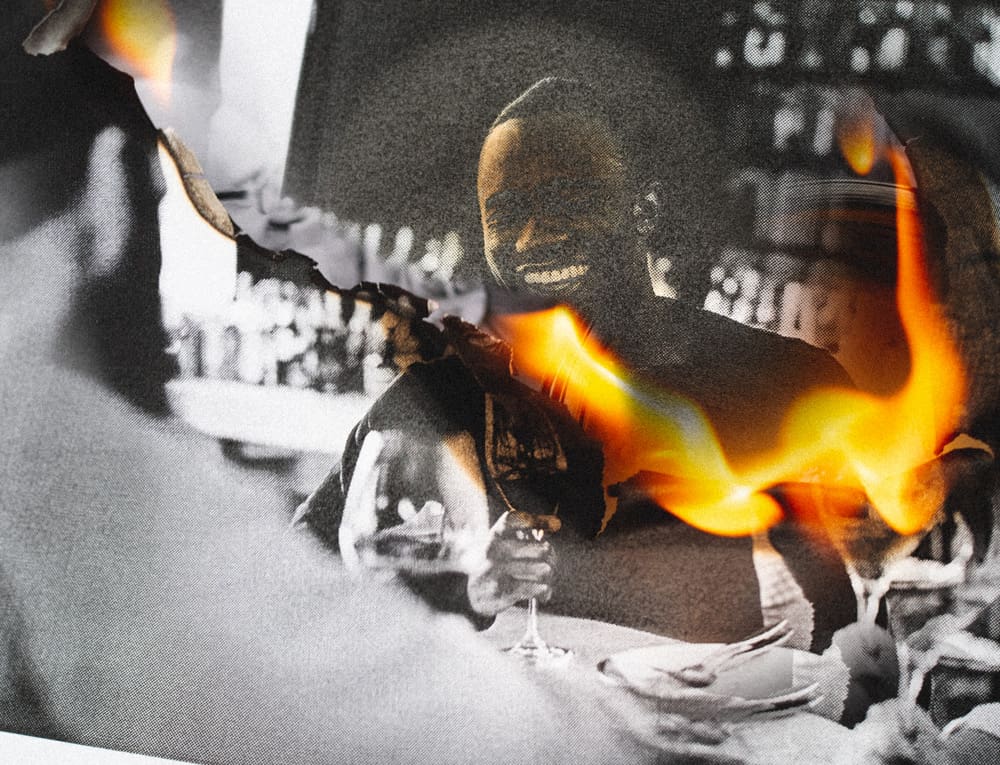
How To Seek Help When You Need It
Self-help is important and empowering, but you don’t have to do it alone. Start by reaching out to your doctor, a trusted friend, or your family.
Brigham agrees that you can start small and safe by simply talking to someone you know. “If you have a family member or friend in recovery, reach out to them,” she says. “They want to help you; you will not be bothering them. If you have a friend or family member who works in mental health they are also a good resource.”
Treating the behavior around drinking is super important, and a great next step is to seek out a licensed mental health counselor who specializes in working with people with substance abuse issues. As with most drinking, drug, and eating problems, these acts are being done to be distracted from underlying emotional distress. Psychology Today is a useful resource for locating a credentialed therapist or substance abuse counselor in your area.
Another option is to call your state’s alcohol help hotline. Simply google “(Your State) alcohol helpline” and the number will be easy to find. In many states, you can simply dial 2-1-1 to be connected to substance abuse resources.
Then there’s Alcoholics Anonymous. There’s no doubt AA has helped millions of people with serious alcohol issues, but some of the clinicians we spoke to cautioned against AA as a one-size-fits-all solution. For a good overview of the scientific consensus on what AA is good at and what it’s not, check out this paper or seek out a healthcare provider.
The Important Thing Is To Ask “The Question”
Do I have a problem: Is my drinking out of sync?
Huge ups to J.J. for writing in and asking the question.



